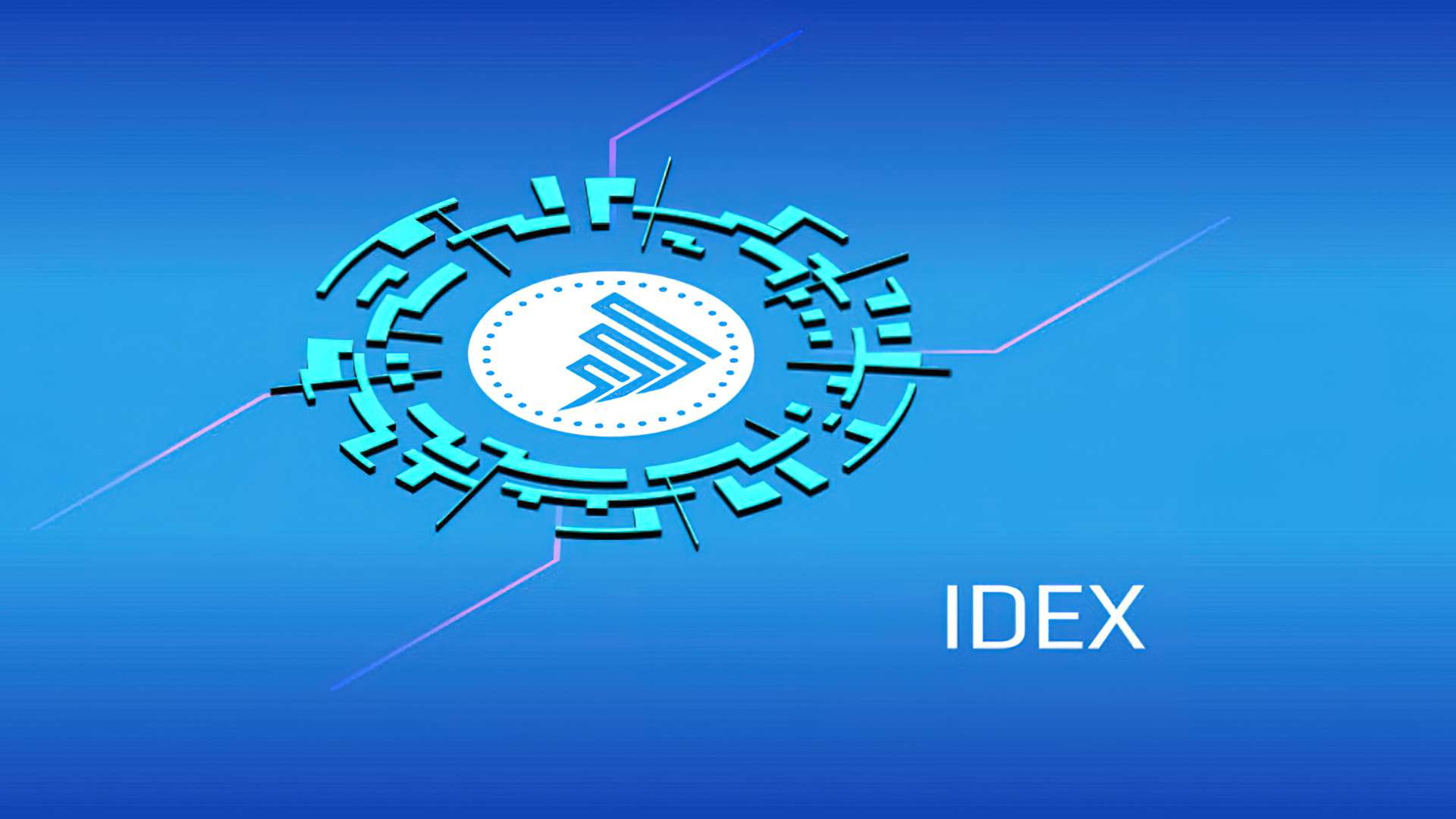The most famous crypto and blockchain ventures over the last several years have focused on decentralized finance and IDEX crypto platform is one of them. The cryptocurrency market has exploded in variety, with thousands of distinct cryptocurrencies tailored to various applications and projects like IDEX are set to gain traction as more crypto users are turning to DeFi protocols for exchanging, trading, and managing crypto assets.
What is IDEX crypto platform?
IDEX crypto platform is a decentralized exchange with elements of centralized exchanges that make the network faster while maintaining its integrity as a decentralized environment. The exchange is based on the Ethereum and Binance Smart Chain. The majority of comparable projects use a DEX to execute transactions, but IDEX has a different strategy.
IDEX crypto platform enables the trading of cryptocurrencies using order books. It’s debatable whether IDEX should be classified as a decentralized exchange or a non-custodial exchange, since customers must complete KYC verification and give their email address. IDEX, on BSC, has features that are comparable to those found on centralized exchanges, such as the stop-loss option. IDEX is now accessible on Polkadot as part of the project IDEX Multichain, which enables users to trade multiple cryptocurrencies at once.
Users can swap cryptocurrencies that are supported by Ethereum, Polkadot, and Binance Smart Chain. The primary objective of the project is to allow thousands of transactions to be conducted and processed in seconds. The exchange’s IDEX utility token may be staked by Nodes to confirm off-chain transaction validation.
How does IDEX work?
IDEX crypto platform functions as an order book exchange while the project combines elements of centralized and decentralized exchanges to facilitate greater speeds for executing transactions on the ledger. The majority of DEX systems on the market are AMMs, whereas IDEX crypto platform employs order books and centralizes the matching orders network-wide.

IDEX employs Layer-2 Optimistic Rollups for maximum functionality and speed on Ethereum. The Optimistic Rollup is a scaling solution that utilizes heightened transaction processing speeds off-chain while keeping the mainnet’s decentralized structure, such as IDEX. When the Ethereum network is busy, it can suffer from congestion, which causes gas prices to climb and makes using Ethereum costly. That’s why, as the Ethereum 2.0 upgrade approaches, it is gradually switching to Proof of Stake consensus algorithm.
To control congestion and maintain cheap prices, IDEX employs Layer 2 scaling methods and Merkle trees. This combination also allows the network to settle bulk transactions. IDEX is managed using off-chain infrastructures and matching engines (Ethereum Virtual Machine) to enable fast execution and immediate trades.
IDEX price
IDEX price is subject to frequent and radical changes in the market that are mostly driven by volatility. IDEX price fluctuates on a daily basis, as there are numerous elements that influence the cost. You can check live IDEX prices on Coinmarketcap.
The price of IDEX is also affected by the number of IDEX being staked and the popularity of the IDEX platform, as well as conventional variables such as market sentiment, the movement of assets on exchanges, and the economy in general.
The current IDEX price is 0.11488392 €.
The 24-hour trading volume of IDEX is 428,686,316 €. IDEX is currently ranked #339 of all cryptocurrencies by total market capitalization, with a market cap of 76,466,286 €. It has a circulating supply of 650,704,299 IDEX and a max supply of 1,000,000,000 IDEX.
The crypto world is complex, and it’s easy to get lost in all the noise. You might come across a variety of conflicting viewpoints and arguments, making it difficult to distinguish truth from fiction. From this article you can read about five of those crypto myths to get a bit better versed in the subject.





